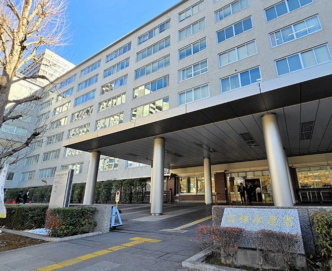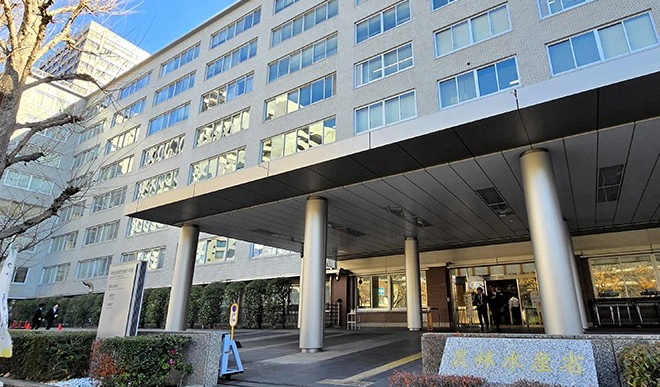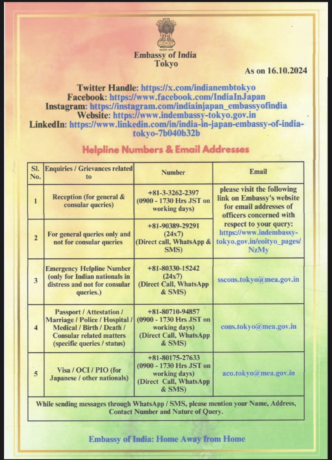Government Initiatives to Boost Digital Nomad Economy
– The Japan Tourism Agency (JTA) is set to launch a new digital nomad support program in fiscal 2025, aiming to attract remote workers from around the world. With digital nomads staying longer than regular tourists, the initiative seeks to boost local economies by enhancing work-friendly infrastructure and accommodations.
Key Highlights of Japan’s Digital Nomad Strategy
1. Government Subsidies for Workspaces and Lodging
Under the new program, municipalities and private companies will receive subsidies to help develop facilities catering to digital nomads. These funds will support:
• 24-hour co-working spaces with high-speed internet.
• Cafes and bars that foster networking opportunities.
• Lodgings with dedicated workspaces, ensuring a seamless work-travel experience.
2. Encouraging Digital Nomads to Stay Longer
Unlike short-term tourists, digital nomads are expected to stay for extended periods, leading to increased local spending on:
• Accommodation and coworking spaces
• Food, entertainment, and cultural experiences
• Local transportation and shopping
The government aims to capitalize on this trend by promoting Japan as a premier remote work destination in Asia.
3. Expansion of Digital Nomad-Friendly Regions
In fiscal 2024, Japan tested digital nomad model projects in five regions, focusing on co-living spaces, work-friendly environments, and community engagement. In fiscal 2025, the government will:
• Develop official guidelines for more cities and regions.
• Expand pilot projects to additional locations.
• Encourage collaboration between Japanese businesses and international remote workers.
4. New Six-Month Residential Status for Digital Nomads
In April 2024, Japan introduced a new visa category allowing digital nomads to stay and work remotely for up to six months. This makes Japan more competitive with popular digital nomad hubs like Thailand, Portugal, and Bali.
Why Japan is an Attractive Destination for Digital Nomads?
With its high-tech infrastructure, fast internet, and rich cultural heritage, Japan offers a unique blend of modern convenience and traditional charm. Key factors attracting digital nomads include:
1. Advanced Infrastructure & Connectivity
• Ultra-fast Wi-Fi in urban areas.
• Extensive public transportation for easy travel.
• Safe, clean cities with world-class healthcare.
2. Diverse Work & Living Environments
• Bustling cities like Tokyo, Osaka, and Fukuoka.
• Scenic rural areas offering peaceful retreats.
• Affordable co-living spaces in emerging nomad hubs.
3. Thriving Entrepreneurial & Tech Scene
• Networking opportunities with Japanese startups.
• Events, meetups, and accelerator programs.
• Opportunities for cross-cultural business collaborations.
Can Japan Compete with Other Digital Nomad Destinations?
While Japan is relatively new to the digital nomad scene, this initiative positions it as a top competitor in Asia. However, challenges remain, including:
• High cost of living in major cities like Tokyo.
• Language barriers in rural areas.
• Strict visa and tax regulations for freelancers.
By addressing these issues and expanding remote work-friendly policies, Japan has the potential to become a global hotspot for digital nomads.
Conclusion: A New Era for Remote Work in Japan
With its ambitious new support program, government-backed infrastructure, and six-month digital nomad visa, Japan is actively working to attract a growing community of remote workers. As demand for flexible work lifestyles continues to rise, Japan’s efforts to accommodate digital nomads could redefine its position in the global remote work revolution.
Source: https://digitalnomads.world/tips/digital-nomad-trends-2024/

















